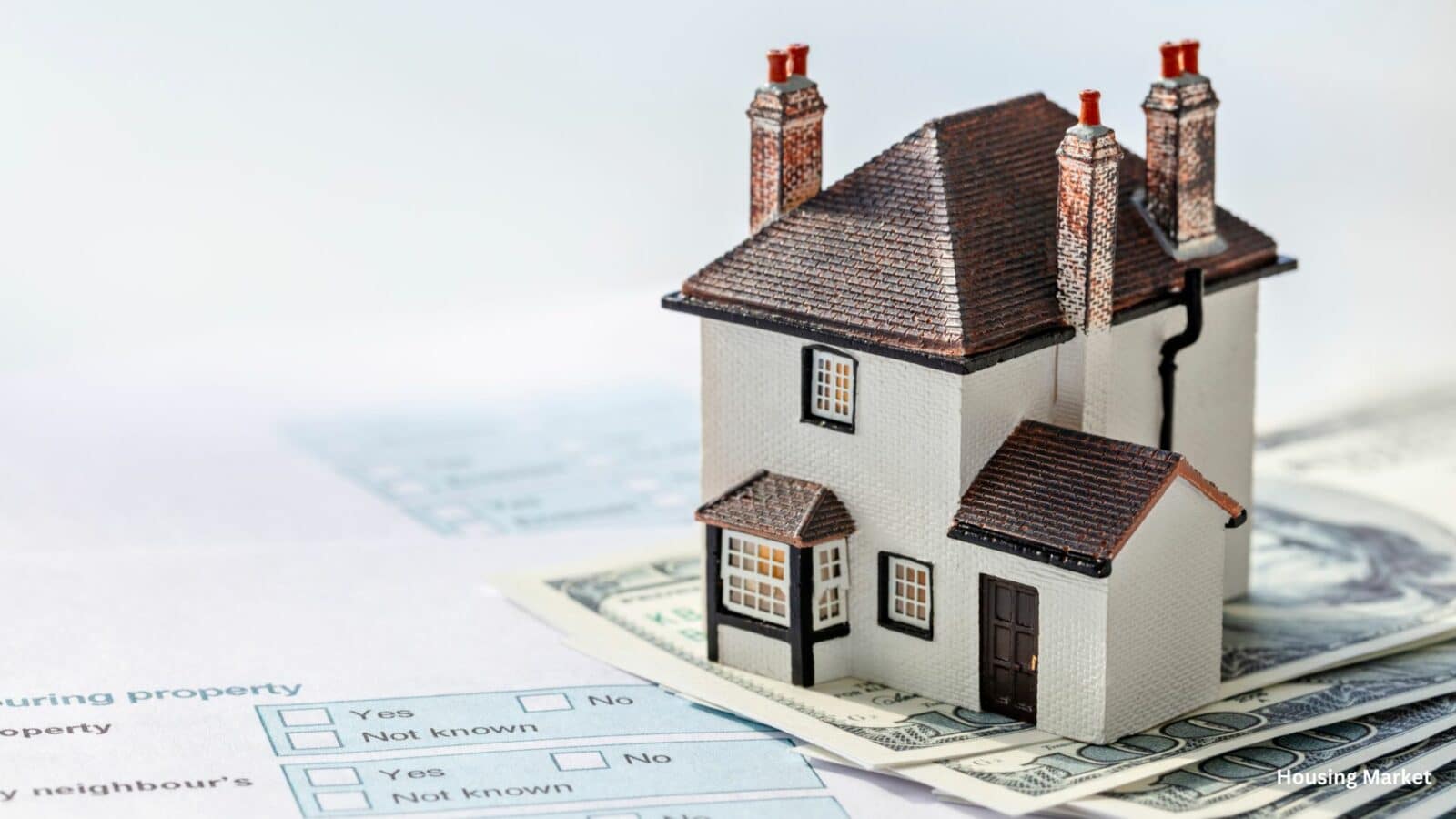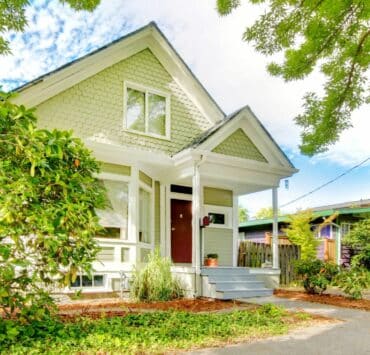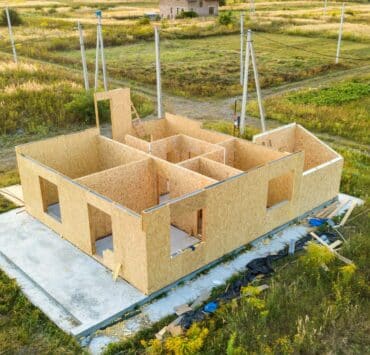Rising down payments are becoming a significant concern for many homebuyers. The trend shows that down payments have increased since the pre-pandemic era. Despite this, you don’t need to put down as much as you might think. Understanding the current landscape of down payments can help you make informed decisions when purchasing a home.
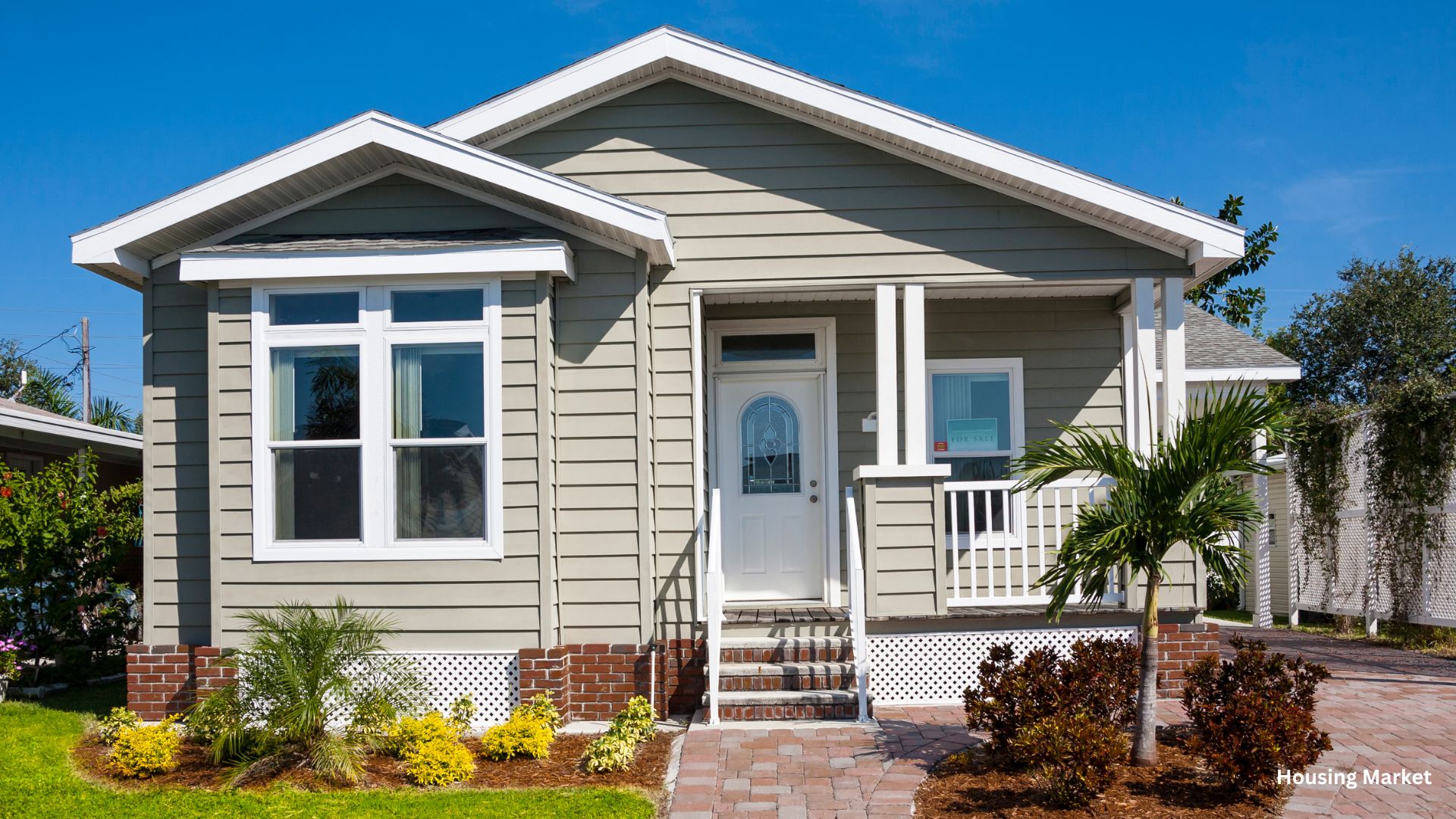
The Trend of Rising Down Payments
Over the past few years, rising down payments have become more common. This trend is driven by several factors, including increased home prices and tighter lending standards. Many buyers find themselves needing to save more money upfront to secure their dream home.
Factors Contributing to Rising Down Payments
One of the main reasons for rising down payments is the surge in home prices. As property values climb, the amount required for a traditional 20% down payment also increases. Additionally, lenders have become more cautious, often requiring higher down payments to mitigate risk.
The Current Down Payment Landscape
According to Hannah Jones, Realtor.com’s senior economic research analyst, “Right before the pandemic, in the first quarter of 2020, the typical down payment for a primary home was 10.7% of the purchase price, and the median down payment amount was roughly $14,000.” In contrast, during the first quarter of 2024, down payments have “risen significantly” from pre-pandemic levels. They now average 13.6% of the purchase price, amounting to approximately $26,400.
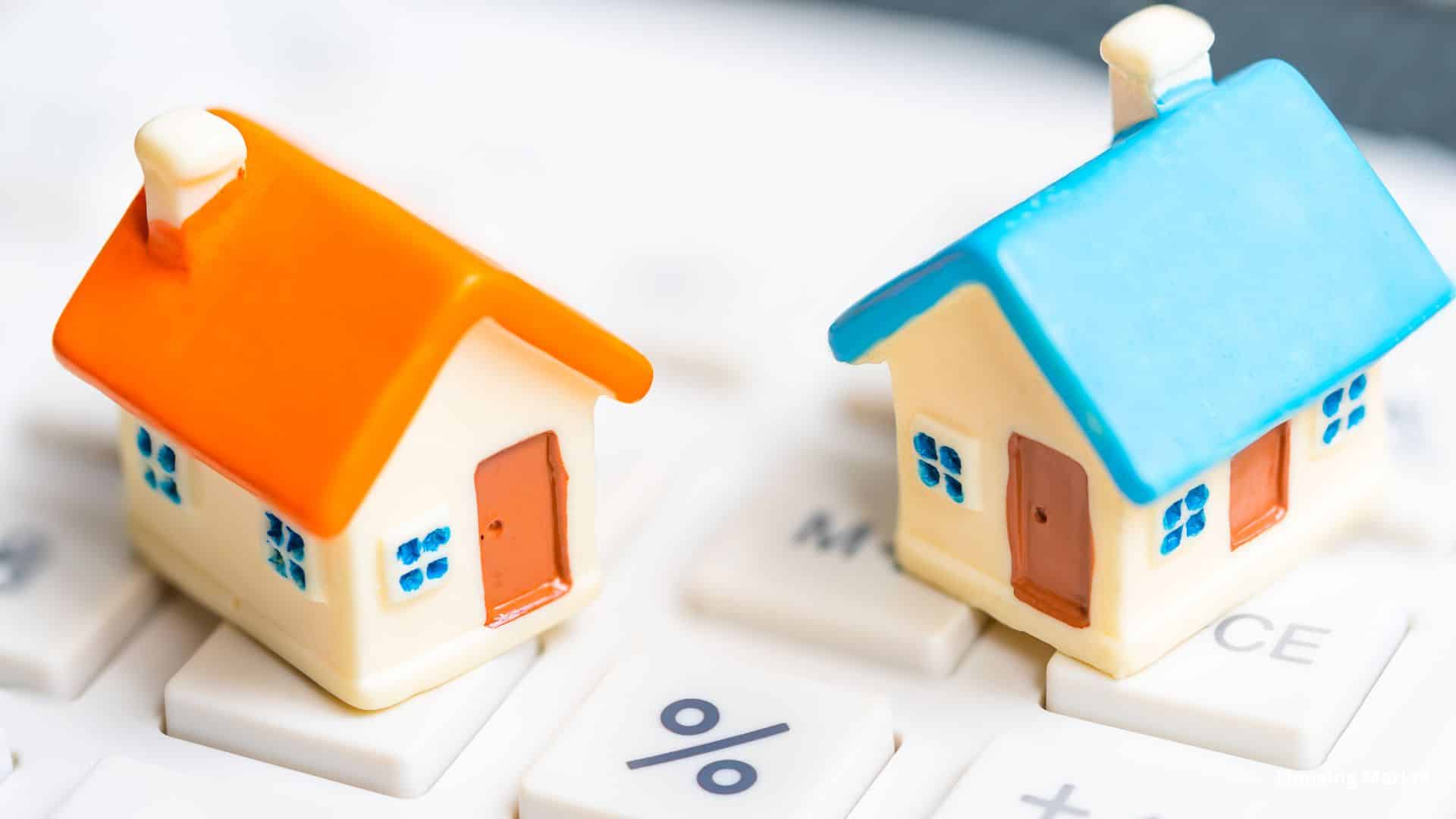
Jones further explains, “Down payments remain well above pre-pandemic levels, as a share of purchase price and as an absolute dollar amount.” The Realtor.com economic team analyzed data from Optimal Blue to study down payment trends across the United States up to the first quarter of 2024. They calculated the down payment as a percentage of the sale price by averaging the data and determined the median dollar amount.
You Don’t Need to Put Down as Much
Despite the trend of rising down payments, it’s important to know that you don’t always need to meet the traditional 20% benchmark. Various loan programs and options are available that allow for lower down payments. For instance, FHA loans require as little as 3.5% down, and some conventional loans may require just 3% down.
Exploring Down Payment Assistance Programs
Many states and local governments offer down payment assistance programs to help buyers with rising down payments. These programs provide grants, loans, or other financial assistance to qualified buyers, making it easier to afford the upfront costs of purchasing a home.
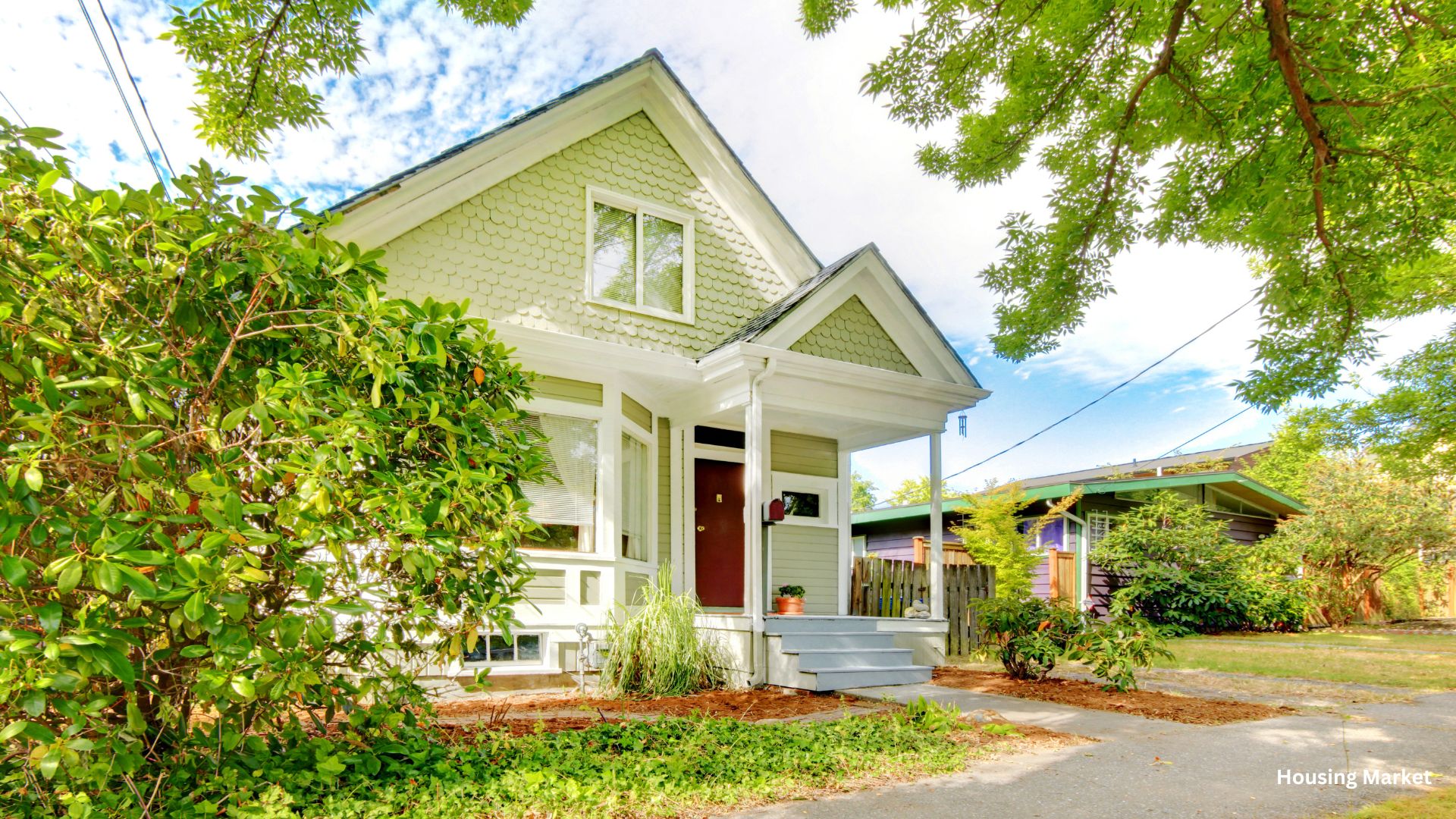
Tips for Managing Rising Down Payments
- Start Saving Early: Begin saving for your down payment as soon as possible. Even small amounts add up over time.
- Explore Loan Options: Look into different loan programs that offer lower down payment requirements.
- Seek Assistance: Research and apply for down payment assistance programs in your area.
- Negotiate with Sellers: Sometimes, sellers are willing to contribute to the buyer’s closing costs, which can help offset your down payment needs.

Rising down payments are a reality in today’s real estate market, but they don’t have to be a barrier to homeownership. By understanding your options and exploring various programs and strategies, you can navigate the challenges of rising down payments and find a path to owning your home.
Related posts:
 Decline in Home Prices: Anticipating a Shift in 2024
Decline in Home Prices: Anticipating a Shift in 2024
 Maryland Governor Legislative Agenda: Military Families, Housing, and Public Safety in 2024
Maryland Governor Legislative Agenda: Military Families, Housing, and Public Safety in 2024
 Nashville’s Zoning Bills for Middle-Income Housing Spark Contentious Debate
Nashville’s Zoning Bills for Middle-Income Housing Spark Contentious Debate
 Tampa Affordable Housing Initiative Breaks Ground on New 188-Unit Building
Tampa Affordable Housing Initiative Breaks Ground on New 188-Unit Building
 Navigating the Decline: Florida Condo Prices Dropping Amidst Rising Costs
Navigating the Decline: Florida Condo Prices Dropping Amidst Rising Costs
